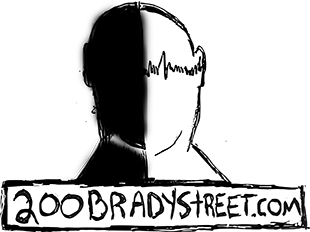Just because a machine issued the fine doesn’t mean you lose your right to challenge it.
Traffic cameras issue fines without conversation. But challenging one still requires paperwork, evidence, and in many cases, navigating systems that were never designed with transparency in mind. This page doesn’t offer legal advice. It offers something just as necessary: a structural look at how automated tickets are contested, what stands in the way, and how 200 Brady Street is helping to build public tools for challenge, recovery, and reform.
Disputing a machine issued ticket is possible, but rarely easy
Yes, traffic camera tickets can be disputed. But whether you’ll succeed and how much support you’ll get, depends entirely on where you live, what tools exist, and whether the enforcement system is structured to acknowledge public error at all.
In most jurisdictions, red light and speed camera tickets are treated as strict liability violations. That means the system only has to show that your vehicle was present, not that you were driving or that a human reviewed the event. The dispute process often involves filing paperwork, scheduling a court appearance, or navigating appeal channels, all with limited access to the underlying data.
And while cities may cite “public safety” as the purpose, many do not allow residents to see what triggered the ticket, what the bylaw actually says, or whether similar tickets were clustered, anomalous, or part of a system wide issue.
What 200 Brady Street Provides
This platform does not offer individual legal help. It does not provide dispute templates, case specific support, or legal representation. What it offers is structural infrastructure, for residents, clinics, researchers, and legal advocates who need access to patterns, public logic, and audit trails.
- Milestone 1 surfaces ticket details, redacts PII, and maps enforcement patterns in real time
- Milestone 3 introduces legal recovery tooling, including class action prep and dispute bundling architecture
- Governance protects contributor data, redaction defaults, and visibility logic from enforcement override
- Use Cases include legal clinics, justice tech partners, and transparency researchers building new ways to challenge tickets
This platform doesn’t replace legal aid. It helps build the tools they should have had all along.
You shouldn’t need a lawyer just to understand what fined you.
Whether you’re preparing a challenge, researching patterns, or supporting others through legal clinics or advocacy, this platform was built to make enforcement make sense.
Explore Milestone 3 to see how legal recovery tools will work, or view the civic actors this platform supports.
Need to discuss a structural partnership or implementation concern? Email us at invest@200bradystreet.com.


